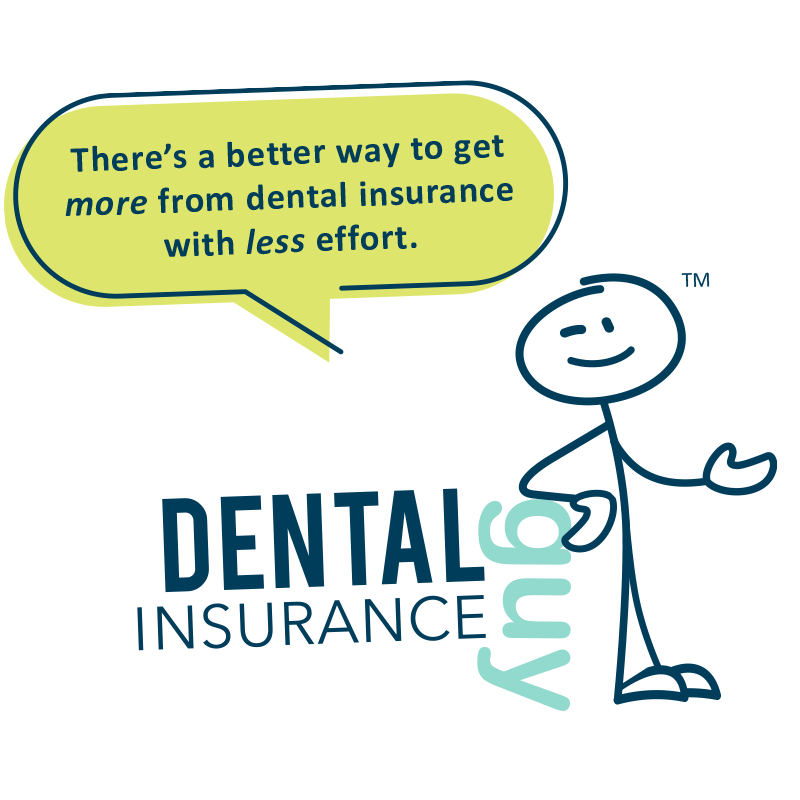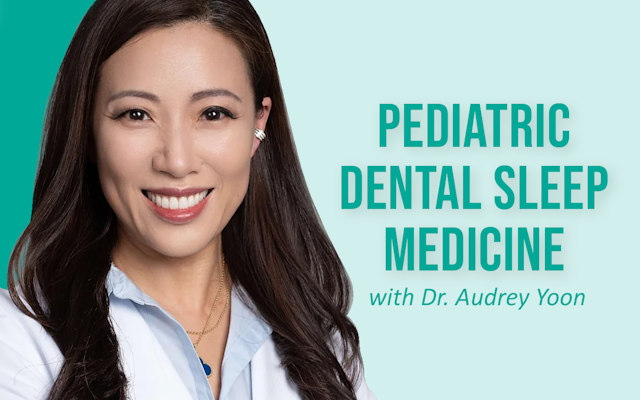We eat, breathe and sleep the need to obtain informed consent from our patients. It is the basis of ethics as well as legal protection. However, how many of us are truly getting informed consent? (And I don’t mean the signed sheet of paper!)
In dental school, I was trained to not only provide my patients with every treatment option, but also to describe each option in detail. The longer I practice dentistry, though, the more I see an underlying flaw in this approach. The problem is more pronounced now that everyone is wearing masks and we tend to focus more on the eyes. You can actually see them glaze over when we talk about the clinical details of various treatments.
Is it wrong to think that describing treatment details has value to patients who are trying to make a decision? What background or knowledge do we expect them to have to make a truly informed choice about whether to have a root canal or a tooth removed?
What a dentist considers the most rational explanation for a given treatment often sounds like nonsense to patients. That’s because of the difference in perspective, experience and knowledge of dentistry. Patients can easily understand, though, whether they simply want to keep a tooth or be done with it.
After listening to their options, patients usually ask, "What would you recommend?" Even though you’ve just provided a detailed explanation, it just doesn’t resonate. All options sound complicated, making it difficult for patients to make a choice. I argue the problem lies in how we approach the conversation and how the options are commonly presented.
Choices, Choices
Having choices causes indecision, especially if patients don't fully understand each choice. Ever have patients say they want to see the financials between two options before they decide? In most cases, this indecision is a red flag that we didn’t engage patients on their level enough for them to truly make a choice.
I’m not saying money doesn’t matter, but typically when money becomes the deciding factor, it is because patients are not sure they need the treatment or they don’t really understand their options. I mean, how many patients genuinely want us to cut down two healthy teeth to construct a bridge, when implants are an option?
When patients are unsure about a choice, they fall back on what they do understand: money. Therefore, they often pick the less expensive option regardless of their ability to pay or what’s truly best for them.
Cases where money is truly a factor are easy to spot because patients will say something like, "I really want option one, but I just cannot afford that, so I will go with the alternative option that is less expensive."
Start With Outcomes
Instead of offering every choice or option, I start by guiding patients to what might be best for them by discussing outcomes, not treatments. I try to avoid “labeling” treatment until they have decided what outcome they want. Here’s how I talk to patients about various options:
· It is not a partial, but a removable set of teeth that come out every night. It may wobble when eating certain foods and adds bulk to the mouth.
· It is not a bridge, but a solution that does not move and requires turning a 1-2 tooth problem into a 3-4 tooth problem. It is also more difficult to keep clean.
· Implants are not screws, but replacement teeth that function, feel and look like natural teeth.
· Instead of discussing a filling versus a crown on a borderline tooth, I talk about expected lifespan: “Would you prefer a fix that might last a couple years or one that lasts over 10?”
The point is, bring the conversation to your patients’ level. What outcome are they going to get? Remember, patients are seeking solutions, not treatments.
True Informed Consent and The Benefits
You have true informed consent when patients fully understand the expected outcome and how it fits into their life. This approach increases treatment acceptance, decreases post-treatment dissatisfaction, and often leads to patients accepting more ideal options.
Once they have accepted the treatment option that fits best into their life, that’s when you go over clinical "consent." Remember, outcome consent comes first.
This approach has greatly increased my treatment acceptance rate, decreased my team’s post consult questions, and has allowed me to work on more interesting and fun cases (instead of the cheapest option). I am more fulfilled and enjoy dentistry far more than I ever have!
It is a true blessing and honor to have new patients thank me almost daily for explaining things in a way that is understandable and real to them.

For every problem dental insurance creates within an office, there is a solution. We at the Dental Insurance Guy are here to provide those solutions. We find ways to help maximize the dental insurance benefits your patients are paying for, while at the same time making it less problematic for you and your team!
Are you ready to significantly reduce your dental insurance frustrations? Would you like to achieve higher reimbursements, fewer denials, and happier patients? Check out Dental Insurance Guy, a membership community led by Dr. Travis Campbell. Membership provides you and your team with 24/7 access to up-to-date information about all aspects of today's dental insurance landscape. Get access to insurance basics, live virtual events, on-demand CE, direct guidance, resources and more.
 By: Dr. Travis Campbell
By: Dr. Travis Campbell




